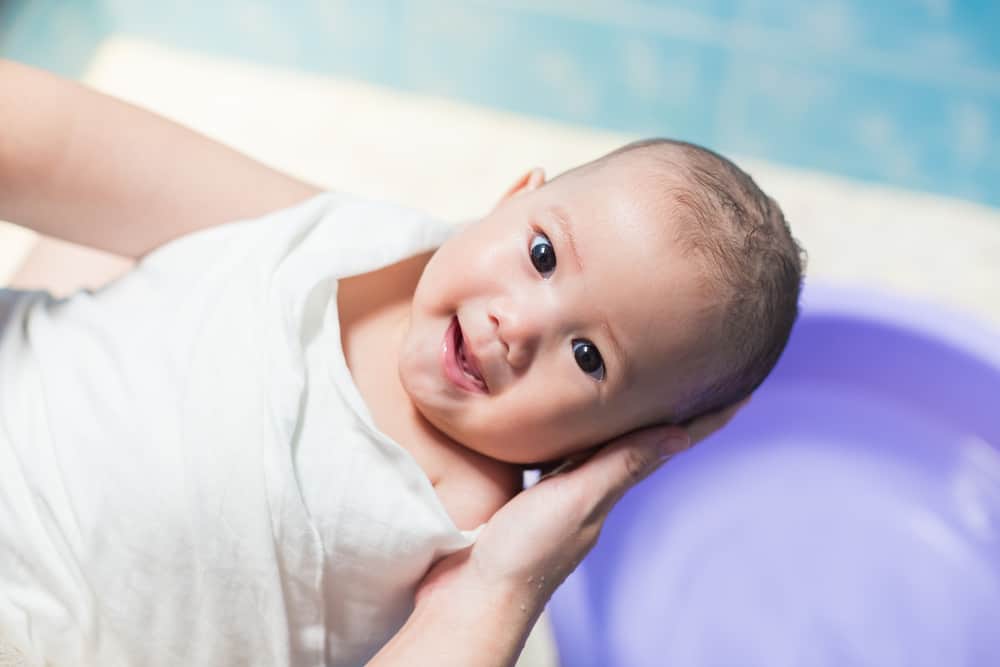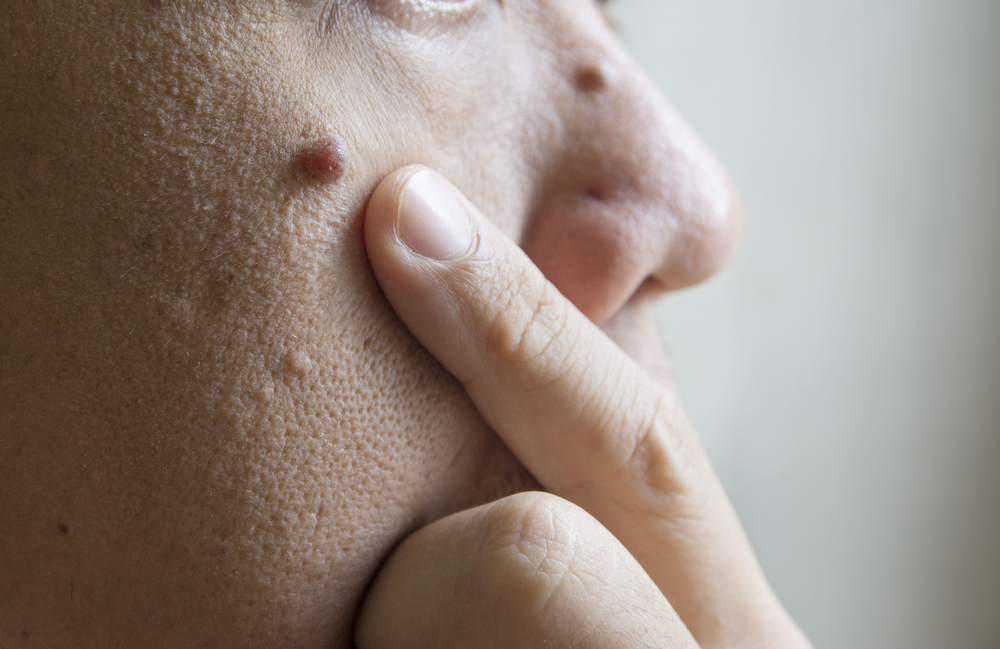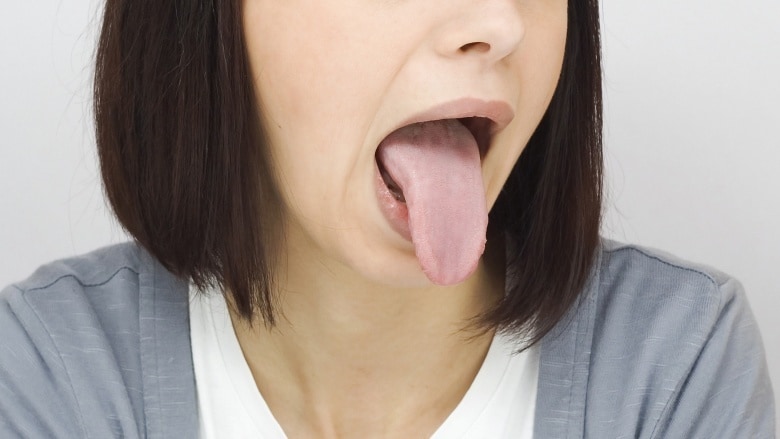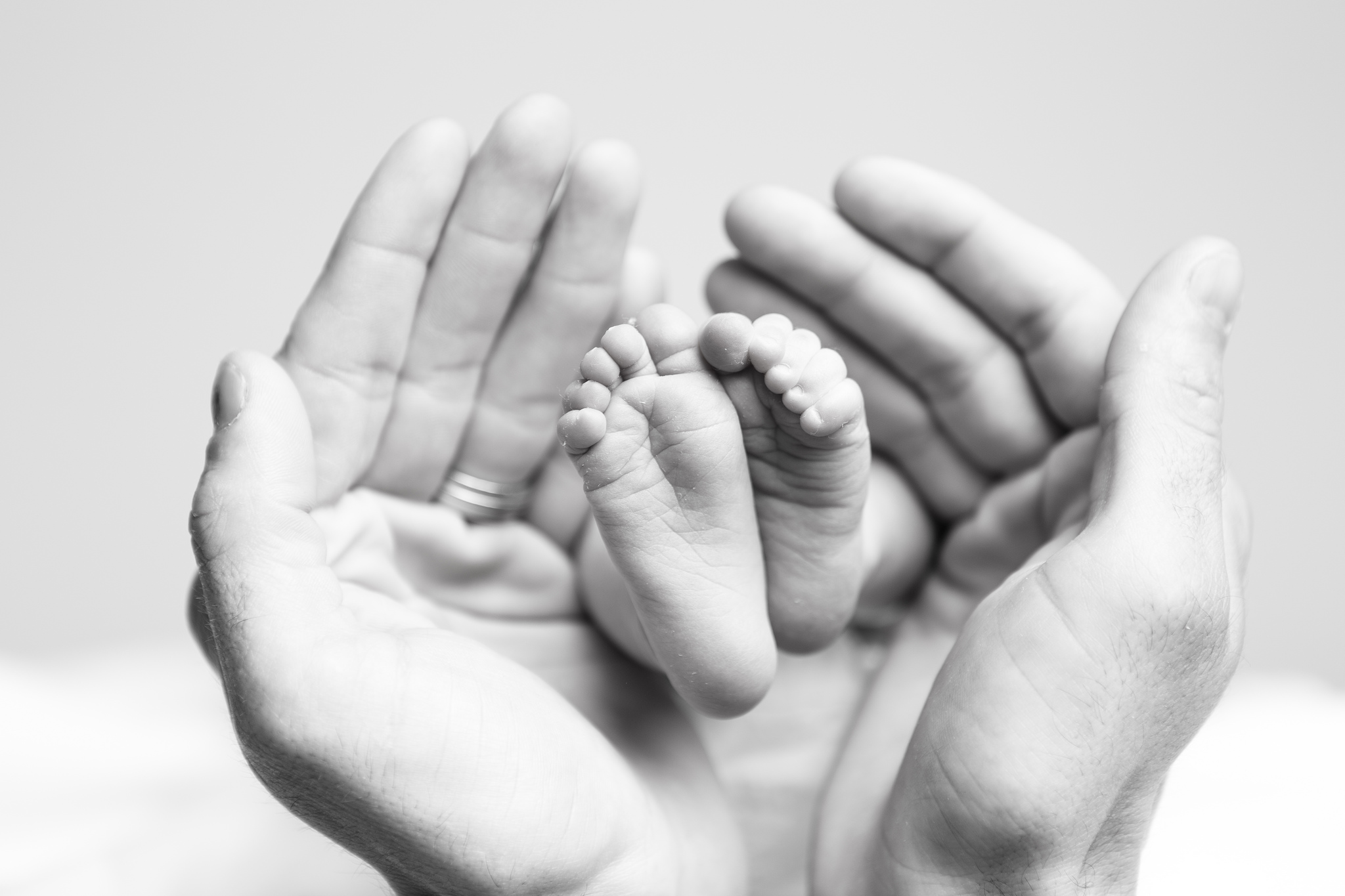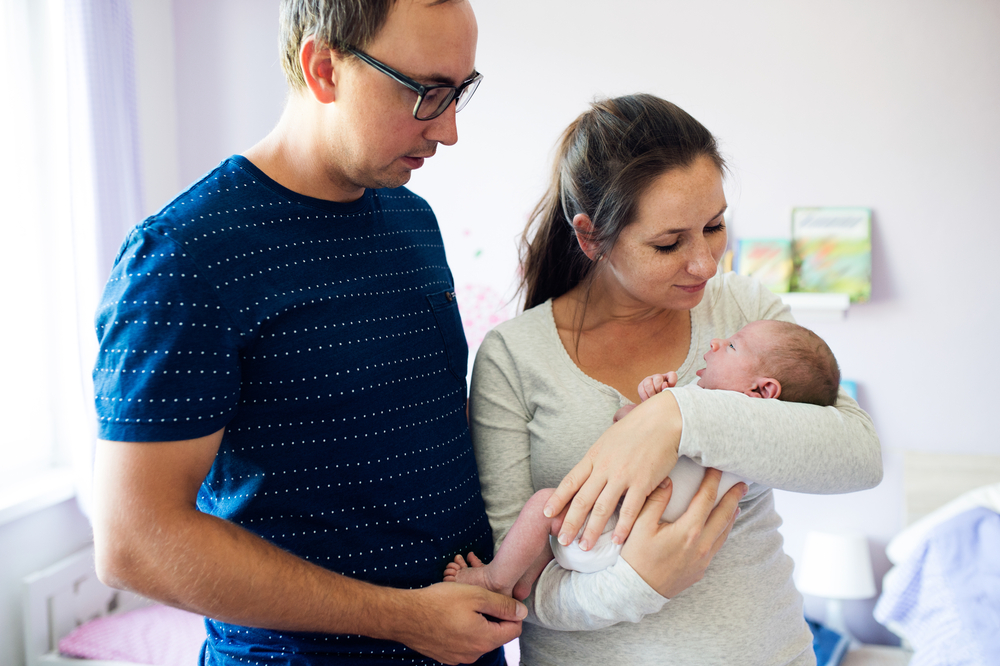Contents:
- Medical Video: Are there any benefits to delaying a baby's bath after delivery?
- Parents should delay bathing the newborn
- 1. Reducing the risk of infection
- 2. Moisturize baby's skin
- 3. Prevent hypothermia
- 4. Regulate blood sugar
- So, when can you bathe the baby?
- Don't bathe your baby often
Medical Video: Are there any benefits to delaying a baby's bath after delivery?
Babies are usually bathed immediately in the hospital as soon as they are born. But the fact is, the longer you delay the first time your baby will be better for his health. So, ideally how long should we wait until finally we can bathe the newborn?
Parents should delay bathing the newborn
Besides increasing the time bonding between parents and children, delaying their first bathing time is useful for ...
1. Reducing the risk of infection
Babies are born coated with fatty substances called vernix which is attached to the entire skin. It looks rather like white cream that is slippery textured like a candle.
Some babies can be born with thick and many vernix layers. Maybe that's why many parents feel the need to immediately bathe their newborn baby because this vernix layer makes the baby's appearance look 'dirty'.
Though, vernix functions are not arbitrary. Vernix contains proteins that can prevent common bacterial infections such as Group B and Strep E. coli which can be fatal for newborns.
Vernix also has immune properties. So, letting it stick to your baby's skin longer will provide an additional layer of protection for the baby while waiting for his immune system to slowly strengthen.
2. Moisturize baby's skin
Vernix is the best natural moisturizer for newborn skin. Vernix is made of water, skin cells and proteins that help keep your baby's skin soft and supple.
This fat layer also functions as a natural protective baby skin. Drastic changes in the environment, from the beginning in the moist womb to the real world where the air is dry, can make baby's skin dry quickly.
Vernix works like a blanket to prevent baby's skin from drying out as it is exposed to the surrounding air.
3. Prevent hypothermia
Newborns do not have a perfect body temperature control system. Well, the presence of vernix attached like a blanket will help the baby feel warm. This is because vernix contains proteins that are useful for controlling the baby's body temperature once he is born.
Babies are still familiar with the ambient temperature in the warm uterus, which is around 36.5-37,
If you immediately bathe the newborn while the body has not really adapted to changes in environmental temperature, then the baby's body temperature can suddenly drop and trigger hypothermia or other complications.
4. Regulate blood sugar
Bathing your baby too soon after birth can cause his blood sugar to drop. Why?
Directly bathing the baby as soon as he is born can cause hypothermia, the effect of which will directly reduce blood sugar. In addition, the shower caused the baby to be shocked and cry because the stress was cold. The release of large amounts of stress hormones can cause the baby's blood sugar to decrease.
When the baby's blood sugar drops, he will look very sleepy and won't suckle, causing his blood sugar to drop even more.
On the other hand, the baby also loses the placenta as a source of blood sugar as soon as it is born.
So, when can you bathe the baby?
Many neonatal health experts recommend delaying the baby's first bath until the vital signs and temperature of the baby are stabilized.
"Newborns are no longer bathed immediately in the hospital," said Dr. Srie Prihianti, Sp.KK, PhD, FINSDV, FAADV, as chairman of the Indonesian Child Dermatology Study Group (KSDAI) from PERDOSKI.
Dr. Yanti, her nickname, recommends that parents bathe the baby at least 2-4 hours after he is born.
"The vernix fats will let us (the doctor-red) stick to the baby's skin until finally they will release themselves," continued Dr. Yanti when met by the Hello Sehat team in the Mega Kuningan area, Monday (5/11).
Statement from dr. Yanti is also in line with the latest recommendations from the World Health Organization (WHO). WHO advises every parent to delay bathing a newborn until after 24 hours of birth, or up to 48 hours if the baby is born by caesarean.
In addition, you should also not immediately rinse the vernix that is still attached to the baby's skin when bathing it. The purpose of the baby's first bath should also be limited to removing impurities such as blood and remnants of meconium (baby's first stool).
Don't bathe your baby often
After being able to go home, the baby does not need to take a shower every day. The American Association of Pediatricians (AAP) recommends that parents wipe the baby's body only once or twice a week, using only a damp sponge until the umbilical cord is completely healed.
But between bathing times, you still need to keep your face, hands and genitals clean by wiping them as usual.
Only when you are a little older can you bathe your baby 1-2 times a day with lukewarm water.

